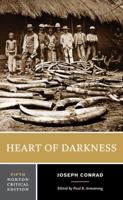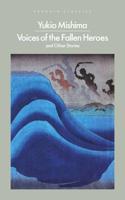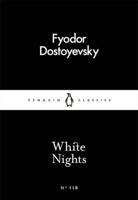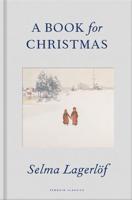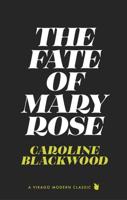Publisher's Synopsis
The Tale of Igor's Campaign or The Tale of Ihor's Campaign (Old East Slavic: Слово о пълкѹ Игоревѣ, romanized: Slovo o pulku Igoreve) is an anonymous epic poem written in the Old East Slavic language. The title is occasionally translated as The Tale of the Campaign of Igor, The Song of Igor's Campaign, The Lay of Igor's Campaign, The Lay of the Host of Igor, and The Lay of the Warfare Waged by Igor.
The poem gives an account of a failed raid of Igor Svyatoslavich (d. 1202) against the Polovtsians of the Don River region. While some have disputed the authenticity of the poem, the current scholarly consensus is that the poem is authentic and dates to the Middle Ages (late 12th century).
The Tale of Igor's Campaign was adapted by Alexander Borodin as an opera and became one of the great classics of Russian theatre. Entitled Prince Igor, it was first performed in 1890.
The story describes a failed raid made in year 1185 by Kniaz Igor Svyatoslavich, Prince of Novgorod-Seversk, on the Polovtsians living along the lower Don. Other Rus' historical figures are mentioned, including skald Boyan (The Bard), the princes Vseslav of Polotsk, Yaroslav Osmomysl of Halych, and Vsevolod the Big Nest of Suzdal. The author appeals to the warring Rus' princes and pleads for unity in the face of the constant threat from the Turkic East. Igor's campaign is recorded in the Kievan Chronicle (c. 1200).
The descriptions show coexistence between Christianity and ancient Slavic religion. Igor's wife Yaroslavna invokes natural forces from the walls of Putyvl. Christian motifs are presented along with depersonalised pagan gods among the artistic images. The main themes of the story are patriotism, the power and role of nature (at the time of the story, 12th century) and homeland. The main idea is the unity of people.
The Tale has been compared to other national epics, including The Song of Roland and The Song of the Nibelungs.The book however differs from contemporary Western epics on account of its numerous and vivid descriptions of nature and the portrayal of the role which nature plays in human lives.
According to the majority view, the poem is a composition of the late 12th century, perhaps composed orally and fixed in written form at some point during the 13th century. Some scholars consider the possibility that the poem in its current form is a national Romanticist compilation and rearrangement of several authentic sources. The thesis of the poem's being a complete forgery has been proposed in the past but is widely discredited; the poem's language has been demonstrated to be closer to authentic medieval East Slavic than practicable by a late 18th-century forger. It was not until 1951 that scholars discovered ancient birch bark documents with content in this medieval language.

